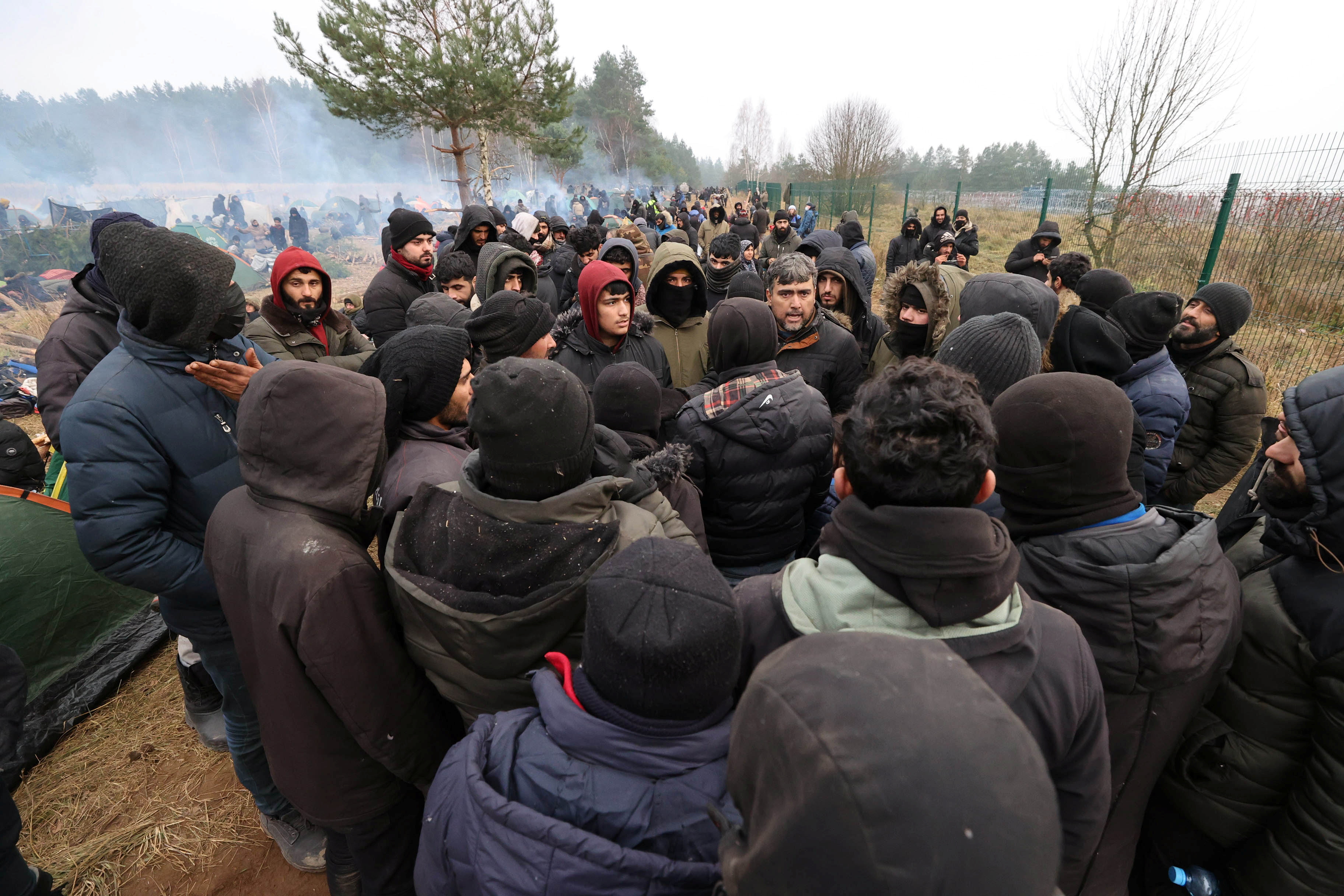Migration has bedeviled the EU over the last several years with waves of migrants from the Middle East, Africa and South Asia illegally crossing into the bloc via Turkey or by sea from the Mediterranean. Managing this flow is not easy as the current rules known as the “Dublin Redistribution Formula” are hard to apply. Northern countries simply do not want to take migrants who crossed into Europe through its southern members.
These largely unskilled and poorly educated migrants have been cynically weaponized by unfriendly non-EU neighbors – principally Turkey and Belarus – and pushed across Europe’s borders and onto the sovereign territory of Greece, Poland and Spain. This was a conscious strategy by Turkey’s Recep Tayyip Erdogan and Belarusian dictator Alexander Lukashenko to punish or blackmail those countries to exact concessions from them and/or the EU.
New trends emerge in the Western Balkans
A curious migration source of a third kind has emerged recently in the Western Balkans. Nationals from African and Asian countries travel visa-free to Serbia where they “disappear”, only to reappear in Austria, Slovenia and other EU countries. Recent data has shown a sharp increase in asylum applications from people coming from India, Cuba, Tunisia and Burundi.
All of these countries have a visa-free entry agreement with Serbia, most of them established only recently. The German interior minister has suggested that all these countries, which coincidently do not recognize Kosovo, have been rewarded by Belgrade for denying Kosovo’s independence. Other senior EU ministers believe Serbia is attempting to destabilize Europe by flooding it with migrants at the behest of Russia.
Those illegal migrants that are turned back at Serbia’s EU borders are reported to be living in temporary squats inside northern Serbia close to the borders with EU member countries.
In the case of Albania, Tirana may not be Moscow-oriented, or demonstratively Kremlin-friendly, but its work-visa arrangements with third countries are presenting the same problem for the EU. While laborers from Bangladesh may come via employment agencies to work in Albania, they usually vanish after a few months and re-emerge in one of the nearest European Union member countries.
In the latest annual report by FRONTEX, Europe’s border protection agency, it noted that there has been a tripling of irregular entries from the so-called ‘Balkan Route’ for migrants, who are now mainly using Belgrade’s airport as the first point of entry.
EU considers new restrictions
The worsening situation has been met with certain forceful responses by East European national governments, some of which have suspended the freedom-of-movement Schengen border regime to block the flow of undocumented migrants. In September, four EU members – including Germany and Austria, along with non-EU member Switzerland, though it participates in the borderless Schengen area – wrote to the European Commission asking it to finally find a solution to the problem.

Both of the troublemaking Western Balkan governments appear to have obliged, or at least they have sent Brussels indications that their visa-free entry rules are being reviewed. Having the right of their citizens to travel visa-free across the EU either suspended or modified in any way would be utterly politically unpalatable for Albania’s leader, Edi Rama, and his Serbian counterpart, Aleksandar Vucic.
This episode clearly illustrates the corrosive direction that some Western Balkan countries have been moving in the past decade. Instead of developing and cultivating Western institutions and values, as well as reliably cooperating with the European Union, with whom they genuinely hope to benefit, they instead regularly breach agreements with Brussels when it suits them.
For its part, Brussels has, in the case of the migrant problem, proven that the EU’s feckless bureaucrats are persuasive only when they carry a big stick against those that openly mock them.
EU Home Affairs ministers plan to hold an extraordinary meeting to discuss current problems with migration on Nov. 25, covering all current entry routes, the Czech EU Presidency announced on November 17.







